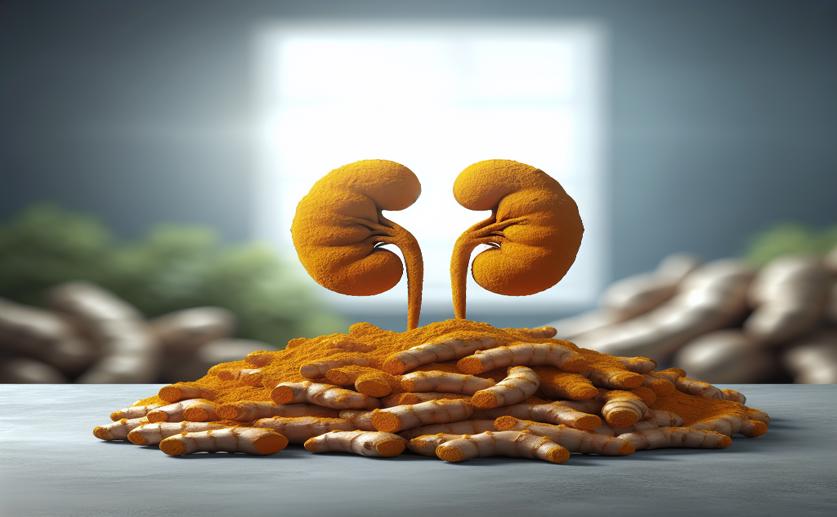
Turmeric Overuse Linked to Kidney Damage: A Case Study
David Palenski
16th January, 2024

Image Source: Natural Science News, 2024
References
Main Study
1) Oxalate nephropathy and chronic turmeric supplementation: a case report.
Published 15th January, 2024
https://doi.org/10.1590/2175-8239-JBN-2023-0079en



 15th January, 2024 | Greg Howard
15th January, 2024 | Greg Howard